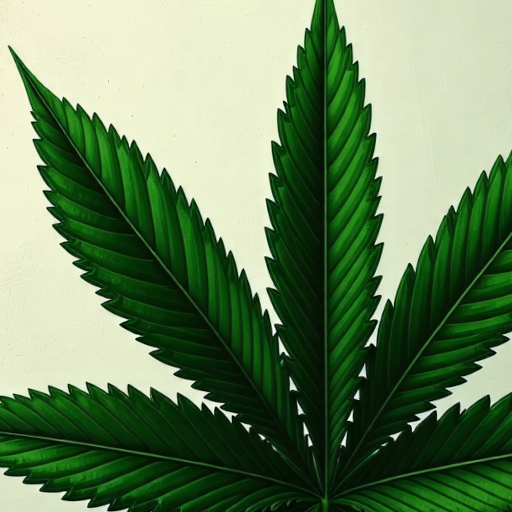
In the ongoing discourse surrounding the legalization of marijuana, a persistent concern has been its potential to normalize cannabis-impaired driving behaviors. Critics have expressed apprehension that the decriminalization of marijuana may inadvertently foster attitudes that condone driving under the influence of cannabis. However, a recent investigation conducted by researchers at Nationwide Children’s Hospital in conjunction with Ohio State University challenges this narrative. Their findings, published in the Biometrical Journal, indicate that there is no substantial evidence to suggest that marijuana legalization correlates with an increase in tolerant behaviors or attitudes regarding driving after marijuana use.
The study utilized data derived from a national traffic safety survey, specifically the Traffic Safety Culture Index (TSCI), to conduct a comparative analysis between states with differing legal frameworks concerning medical marijuana. The researchers focused on responses from Kentucky and Tennessee—states where medical marijuana was illegal throughout the study period—contrasted with responses from eight states where medical cannabis had already been legalized. This matched-pairs design allowed for a more robust analysis by controlling for confounding variables, thereby isolating the effect of cannabis legalization on attitudes toward driving after use.
The researchers scrutinized responses to four critical questions within the TSCI: (1) whether individuals had driven within an hour of using marijuana, (2) their personal perceptions of the acceptability of driving after marijuana consumption, (3) their beliefs regarding the impact of cannabis on driving capability, and (4) their views on drugged driving as a threat to personal safety. This analytical approach aimed to ascertain whether legalization influences public perceptions regarding driving after cannabis use—an important factor in traffic safety discourse.
Despite the authors’ initial hypothesis positing that the legalization of medical marijuana would correlate with greater public tolerance toward driving after use, their findings revealed minimal evidence to support this claim. They asserted, “We found practically no evidence for this hypothesis, and our conclusions were unlikely to change due to the moderate level of unmeasured confounding.” This suggests that the legalization of medical marijuana does not significantly alter public attitudes toward the risks associated with impaired driving.
However, while the authors deemed their statistical findings robust, they acknowledged inherent limitations within their methodology. The reliance on self-reported data raises questions regarding accuracy, as individual perceptions of drug use and driving behaviors can be influenced by various biases. Furthermore, the data analyzed was confined to a singular year, 2017, and did not incorporate longitudinal perspectives that could provide a more comprehensive understanding of the relationship between marijuana legalization and driving behaviors.
Given the study’s local scope—focusing specifically on Kentucky and Tennessee—the researchers cautioned against generalizing their findings to other states that have not yet legalized marijuana. They suggested that future research could benefit from encompassing a broader array of states, particularly those that are geographically or culturally adjacent to those already permitting medical marijuana.
Interestingly, public sentiment appears to diverge from concerns regarding cannabis-impaired driving, as reflected in a Pew Research Center poll. The data indicated that while a notable portion of the population (82%) recognized driving under the influence of cannabis as a problem, it ranked lower in severity compared to issues such as distracted driving, speeding, and drunk driving. This suggests that while concerns about drugged driving persist, they may not hold the same weight as other driving-related dangers within the broader societal context.
Further research contributes to this narrative, including a recent Canadian study indicating that self-reported instances of driving after cannabis use decreased following nationwide legalization. The intersection of public health and traffic safety remains critical, as ongoing investigations seek to clarify the complex dynamics between cannabis use, driving performance, and societal attitudes.
The legal landscape surrounding marijuana continues to evolve, prompting calls for enhanced research into the effects of cannabis on driving capabilities and the development of standardized impairment testing. As lawmakers and public health officials grapple with these issues, the findings from the Nationwide Children’s Hospital and Ohio State University study serve as a valuable contribution to the conversation, challenging preconceived notions about marijuana legalization and its ramifications on traffic safety. This body of research underscores the necessity for evidence-based policymaking as society navigates the multifaceted implications of cannabis legalization.

